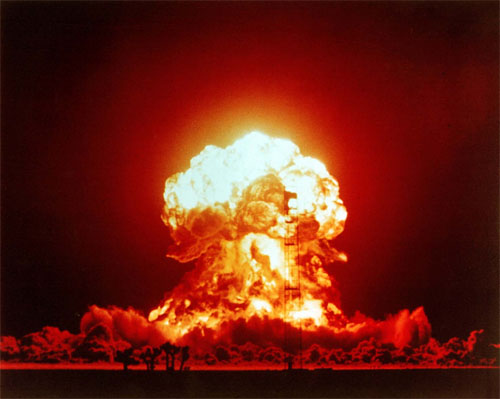Although it theoretically is marginally ethical, I frequently find myself performing a rudimentary psychoanalysis of people I have never met.
I usually find it helps to explain a life or an origin of suffering, or some kind of human empathy, and can bring peace or closure to the folks who come into my office — or the folks who are my friends.
It was a really good friend who told me on the phone today, “I thought of you this past week. My Uncle Ed died.” Read more on Uncle Ed — The War Hero…
Filed under Diagnosis, Disease, Doctors, Education, Mental Illness, military, News, war by on Aug 30th, 2018. Comment. ![]()
In the National World War II museum, it is easy and even triumphant and pride-generating to look back and see some of the scientific advances made during World War II. There’s no doubt that science is advancing. But I wonder if our ethics can keep pace.
I am fairly proud of Teflon. And synthetic cortisone is widely used and may have saved plenty of lives. It’s a steroid that knocks down the action of the immune system. When a medical substance becomes cheaper and easier to use and known to the public, then it runs a real danger of getting overused. Most concern about overuse is focused on illegal steroids taken by athletes. Nevertheless, everything that can be helpful and fast may make things worse. One example would be the over-prescribing of steroids to kids with allergies.
Penicillin had been invented before WWII, but its use did not become widespread until WWII. Of course, it took people awhile to find out about the ability of bacteria to develop resistances to antibiotics. This has led to newer and stronger antibiotics, which would not be the worst thing in the world. Unfortunately, the excessive use of antibiotics has led to untreatable infections, such as methicilline-resistant strep and an untreatable strain of tuberculosis. Read more on Science and War (and Ethics)…
Filed under medicine, News, prescription drugs, Research, Science by on Oct 14th, 2012. Comment. ![]()
It takes a while, when you have something new, to know how bad it is going to end up being.
Marie Curie not only discovered radium – she discovered radiation poisoning. The very work that earned her a Nobel prize killed her.
At that time, it had never happened before, so nobody knew what it was. That was a long time before Chernobyl. And a longer time still before whatever happened in Japan.
I mean whatever happened. We still don’t know exactly how much leaked out, and what it can cause to go wrong. The Japanese have issued a kind apology. They have even come up with a cute animated film to explain what is going on — although there is no doubt in my mind that these are not the same people as those who issued the apology.
You can watch the video on the continuation page.
Filed under News by on Apr 11th, 2011. 1 Comment. ![]()
